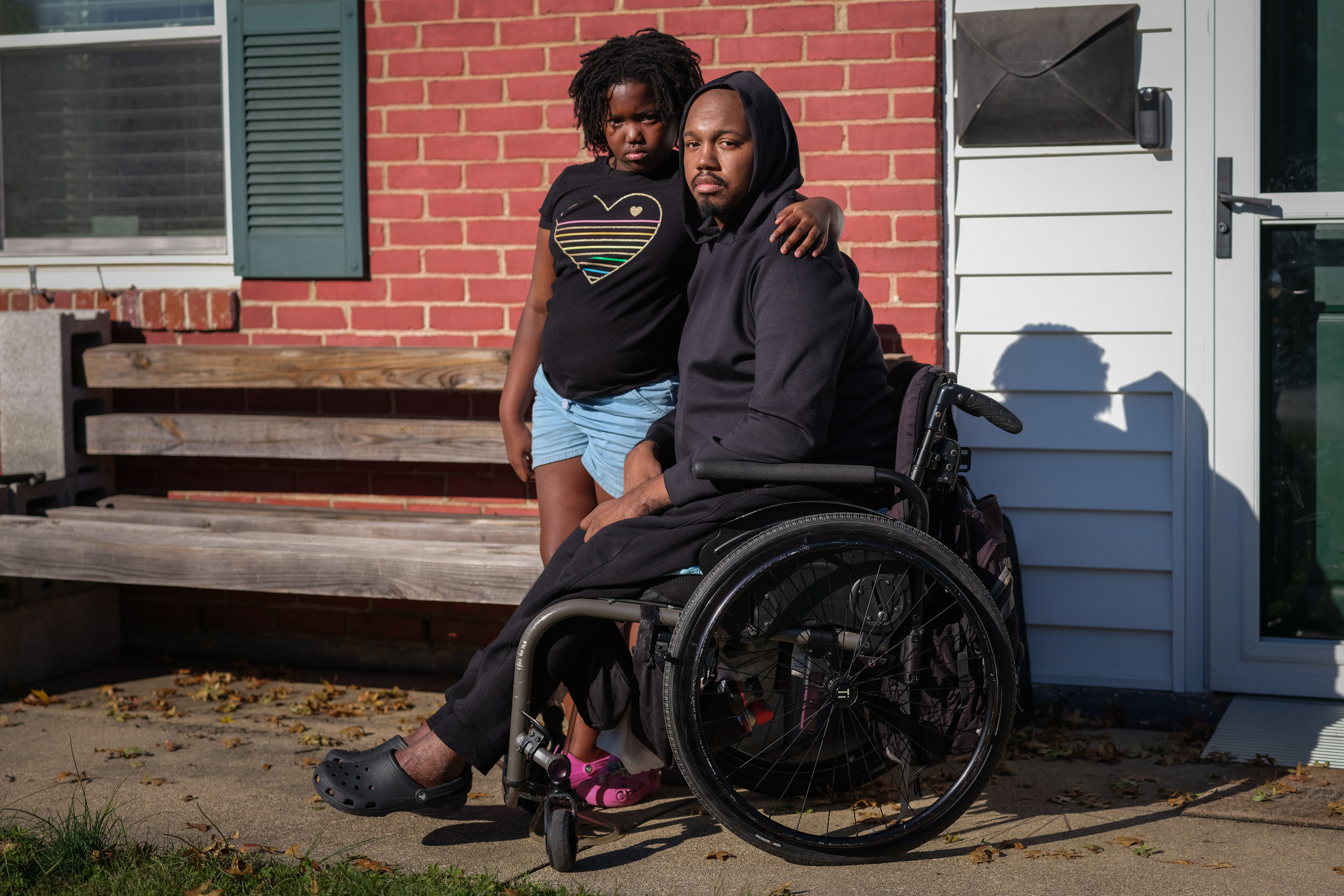Poll: Most Adults Do Not Expect to Get a COVID-19 Shot This Fall; Many Parents Confused About Recommendations for Children
As federal vaccine policy changes, this poll finds that most adults do not expect to get a COVID-19 vaccine this fall , and many parents are confused and uncertain about whether the vaccine is recommended for healthy children this year. About one in adults nationally say the changes to vaccine policy are making people safer, while more than a third say they are making people less safe.



